We recently connected with Cooper Swartzentruber and have shared our conversation below.
Cooper, thank you so much for joining us today. Let’s jump right into something we’re really interested in hearing about from you – being the only one in the room. So many of us find ourselves as the only woman in the room, the only immigrant or the only artist in the room, etc. Can you talk to us about how you have learned to be effective and successful in situations where you are the only one in the room like you?
Coming from an EXTREMELY small town called Damariscotta, Maine, I’ve often found myself in situations where I’m the only one without a big-city background or a connection to a major music scene. At first, that made me feel like I had to prove myself twice as much — I didn’t have access to the same mentors, jam sessions, or early exposure that a lot of other musicians around me had. But over time, I realized that coming from a different area didn’t mean I was at a disadvantage, but meant I had a unique voice. Growing up andgoing through middle and high school without a big music scene pushed me to work harder, listen deeper, and really commit to developing my sound on my own terms. I had to create my own momentum — studying records, watching countless saxophone YouTube videos, playing whenever and wherever I could, and learning to trust my instincts without relying on outside validation. That kind of independence shaped not just my musicianship but also my work ethic and sense of identity. Typically, I show up to every new space always remembering who I am and where I’m from — and that perspective genuinely helps me stand out. I don’t play the same clichés and ideas as everyone else, because I haven’t had the same path. And while it’s not perfect by ANY means — I take pride in that.
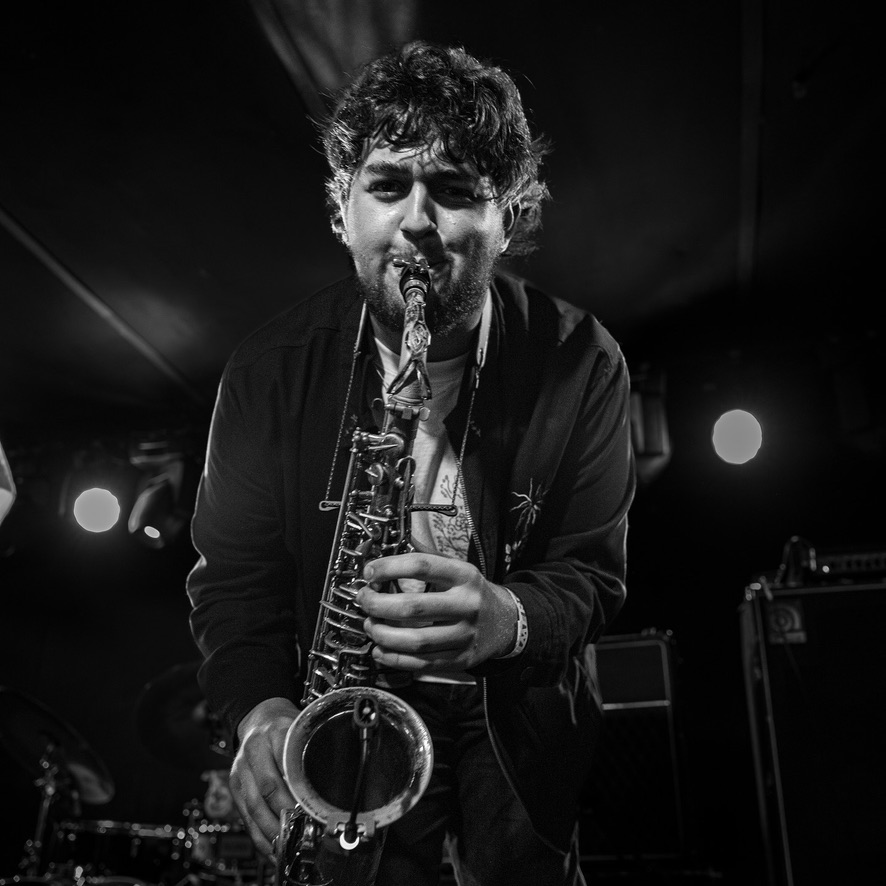
Thanks, so before we move on maybe you can share a bit more about yourself?
Hey! My name is Cooper Swartzentruber. I’m a 20-year-old jazz saxophonist hailing from midcoast Maine, who is now living in Boston and attending Berklee College of Music to pursue a degree in performance. Music has always been special to me since I was a little kid, whether it was banging on my drumset I had just gotten for Christmas or listening to 90’s rap in the car with my dad. I took up the saxophone when I was 10 and my band director, John Morneau, made me fall in love with the instrument because he played, too (very well). After learning and playing all throughout middle and high school, I decided I wanted to go to college for music, and fortunately settled on one of my dream schools, Berklee. Since arriving to Berklee, I’ve been overwhelmed by the amount of learning, playing, listening, and even teaching opportunities I’ve been presented with. I’ve had the immense privilege of being taken under the wing of George Garzone, someone with whom I have a genuine connection and who is like a grandpa to me. Tia Fuller has also been a major mentor in my career, helping me strive to be the best person and musician I can be every day. I was in her big band my first year at Berklee, and now I’m in her “Gen-next All-Stars” group. Outside of Jazz, I’m grateful to be in a rock/indie band with some of my closest friends, “Ollie Gullick and the Lads.” Furthermore, I’m very excited to be launching a new R&B and Fusion band with my great friend Ben Fremin called “Magnolia.”
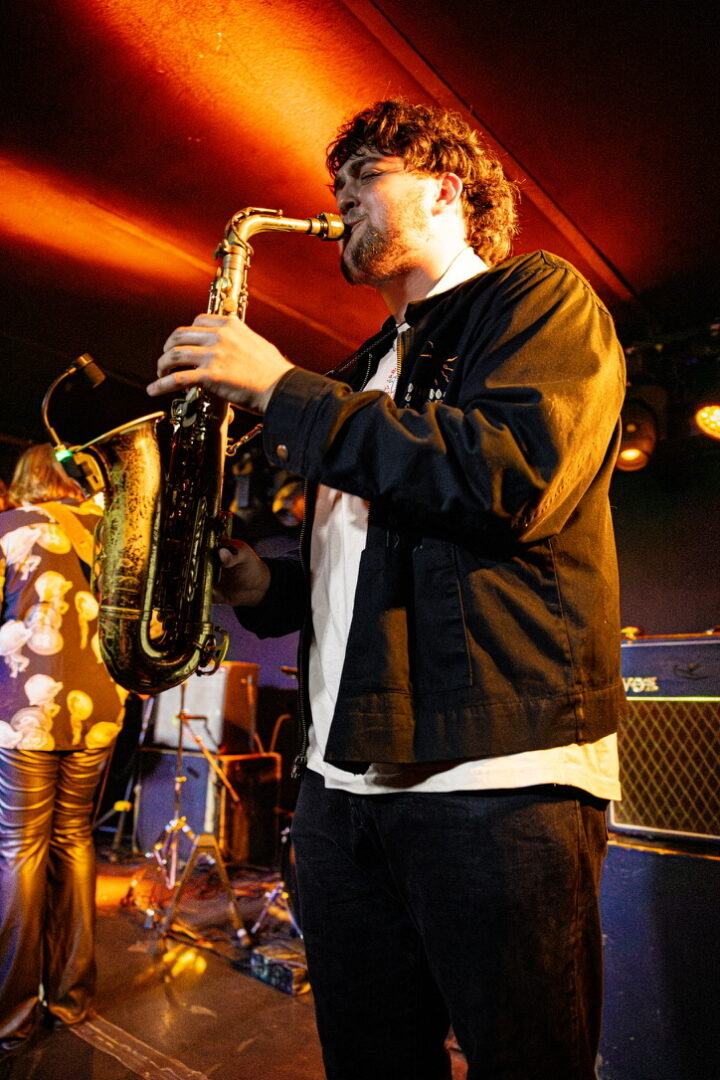
There is so much advice out there about all the different skills and qualities folks need to develop in order to succeed in today’s highly competitive environment and often it can feel overwhelming. So, if we had to break it down to just the three that matter most, which three skills or qualities would you focus on?
Looking back so far, I’d say the three most impactful qualities in my journey have been curiosity, consistency, and deep listening. Curiosity is what really got me into jazz in the first place — just hearing something that sparked a question and wanting to chase it down. Whether it was a line in a solo I didn’t quite understand or a harmony that filled my skin with goosebumps, that urge to explore kept me engaged and always learning. Consistency is what made that curiosity actually lead to growth. It’s easy to feel inspired in the moment, but showing up every day and opening the saxophone case — in the practice room, in class, at sessions — is what really moved things forward for me. Progress in music doesn’t come all at once; it comes from stacking small, focused efforts over time. Deep listening was probably the biggest game-changer for me. Not just transcribing, but truly absorbing the feel, the articulation, the phrasing — trying to understand the intention behind the sound. That’s where a lot of real growth happens, especially in jazz, where feel and nuance are everything. For anyone early in their journey, my advice would be: stay curious and open, commit to consistent practice even when motivation dips, and make listening a daily habit. Listen like it’s part of your practice routine, not just background noise. That’s how you start to internalize the music and build something real. Progress can and will happen even when you’re not playing. One more thing; this doesn’t just apply to music but to life; stay in your own lane and trust your gut!! Comparison is truly the killer of joy, and the less you compare yourself, the more growth you will see.
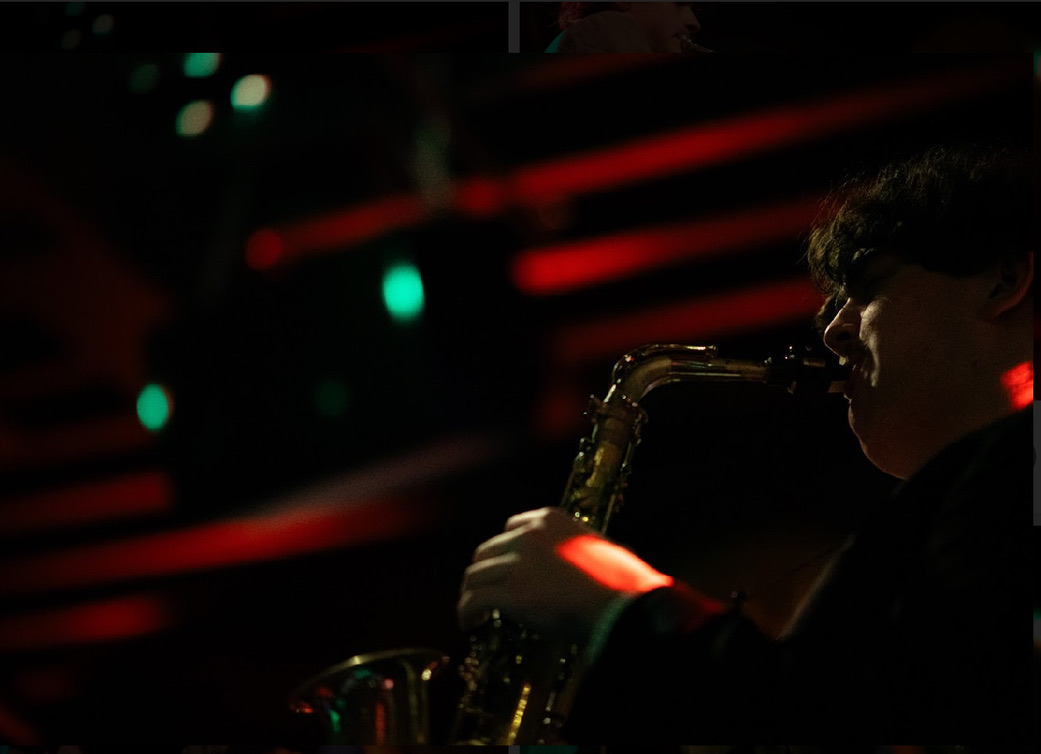
Awesome, really appreciate you opening up with us today and before we close maybe you can share a book recommendation with us. Has there been a book that’s been impactful in your growth and development?
One book that’s had a large impact on me is The Notebooks of Sonny Rollins. It’s not your typical method book or jazz history — it’s more personal, almost like a window into the way he thinks and reflects, both as a musician and as a human being. One of the most valuable things I took from it is how much Sonny emphasized self-awareness. He was constantly asking himself hard questions — not just about his playing, but about his purpose, discipline, and relationship to the music. That made me realize how important it is to approach music as more than just technique or performance. It’s about who you are and how honest you’re being with yourself. Another idea that really stuck with me is the concept of “practicing solitude” — not in a lonely way, but in the sense of really getting quiet and tuning out distractions. That mindset has helped me slow down, be more intentional with my time, and listen more closely to what my playing is actually telling me. Reading those notes made me think differently about what it means to develop. It’s not just about getting faster or more advanced — it’s about becoming more centered, more aware, and more connected to the deeper reasons you play in the first place.
Contact Info:
- Instagram: https://www.instagram.com/cooperswartzentruber/
- Facebook: https://www.facebook.com/cooper.swartzentruber.1
- Youtube: https://www.youtube.com/@cooperswartzentruber
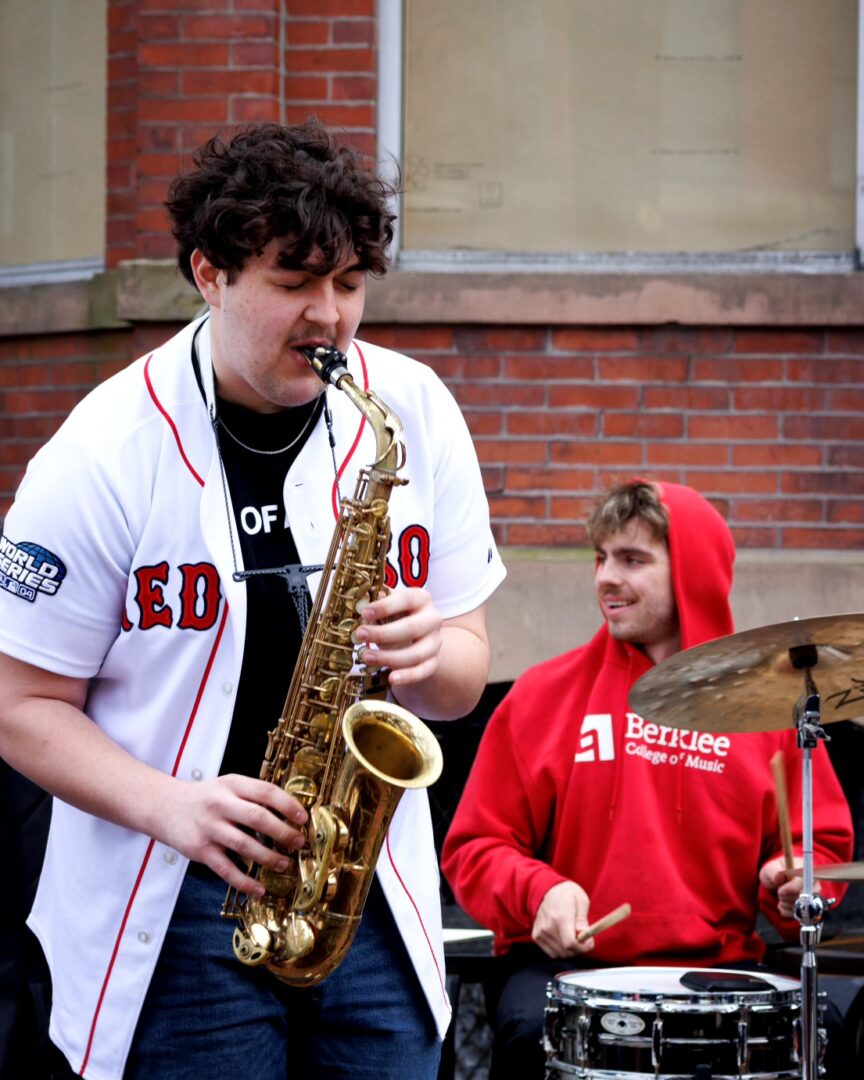
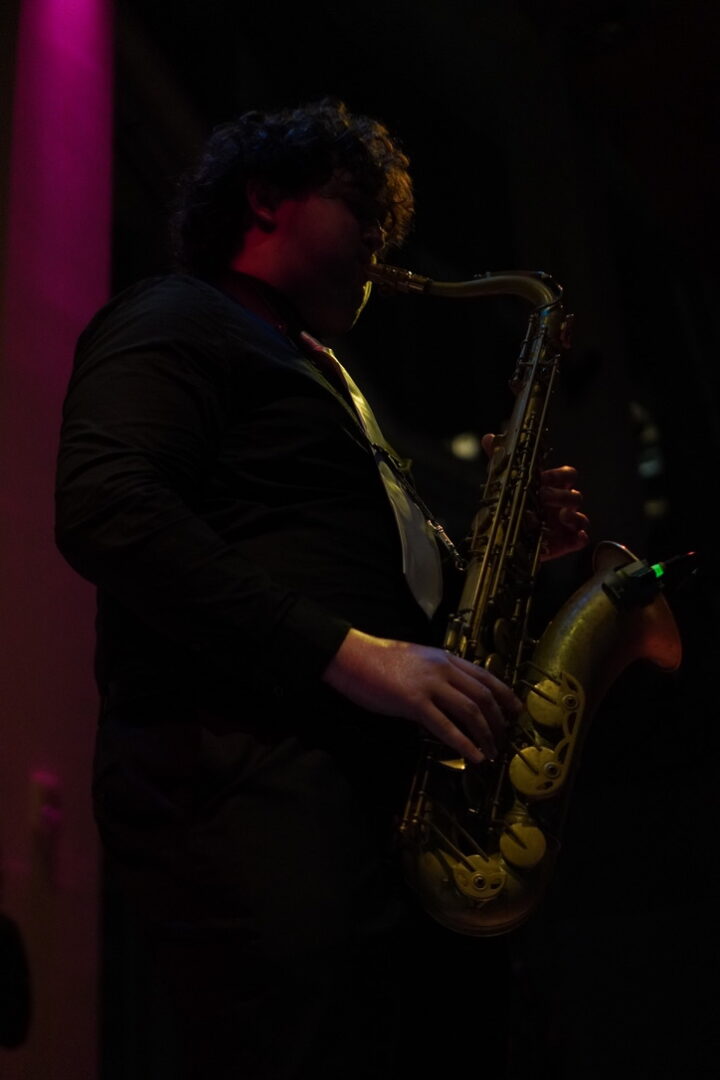
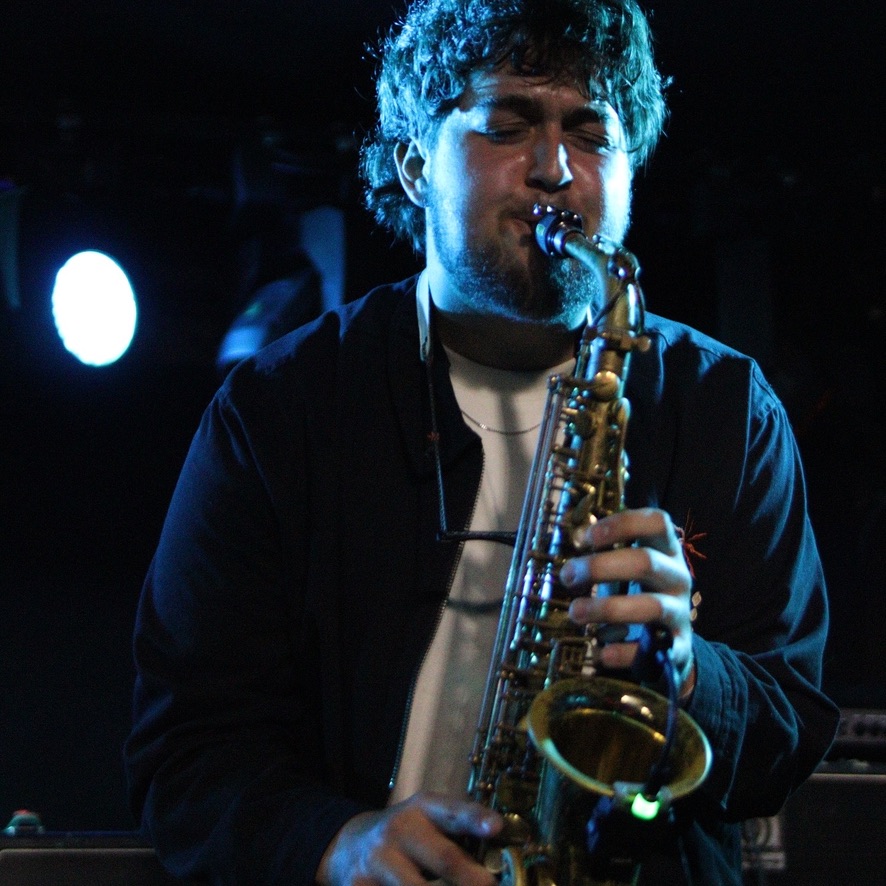
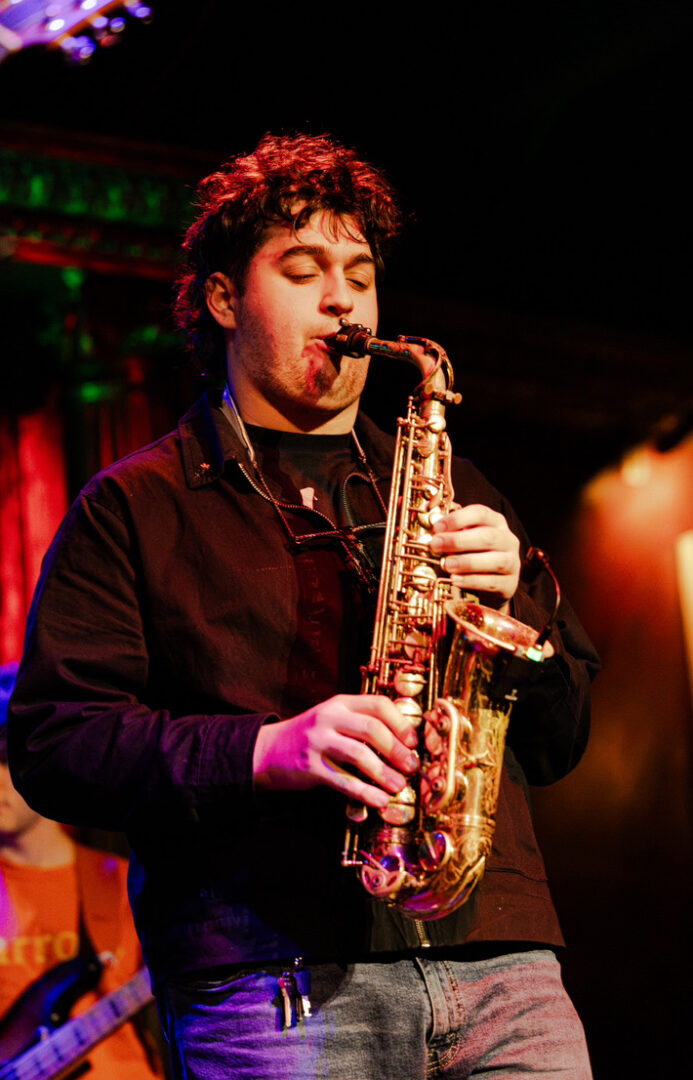
Image Credits
Bella Demita
so if you or someone you know deserves recognition please let us know here.




